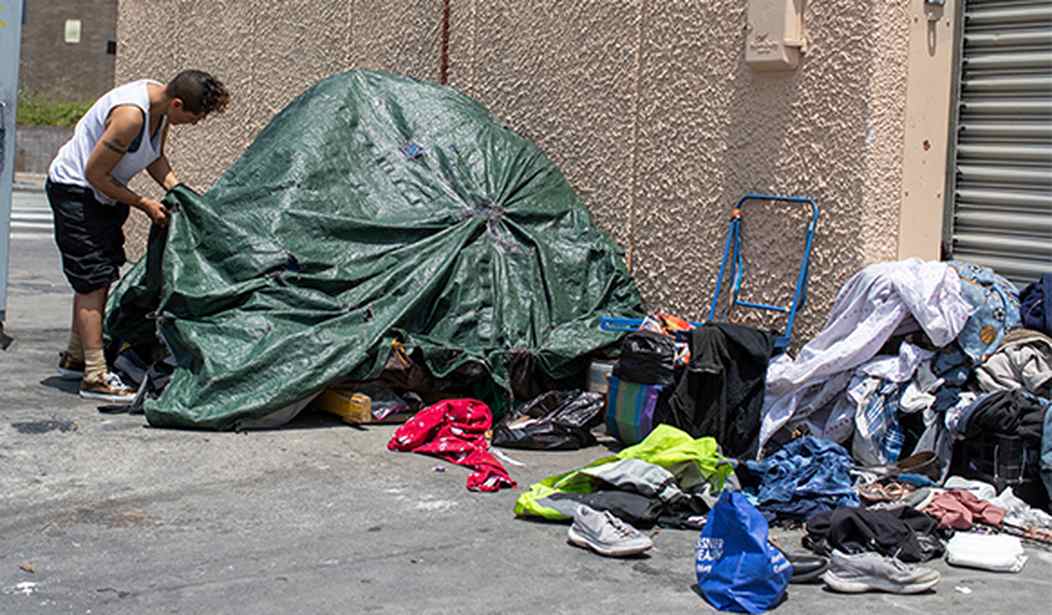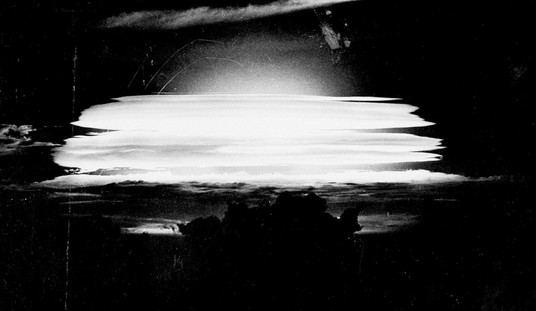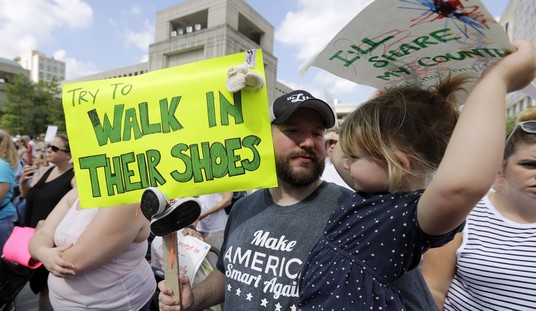In what sounds like one of the weirdest cases in recent memory, the Supreme Court has ruled 6-3 in favor of municipalities in the case of City of Grants Pass, Oregon v. Johnson. The case involved whether municipalities could bar homeless people from “camping” in public spaces, addressing the question, “Does the enforcement of generally applicable laws regulating camping on public property constitute ‘cruel and unusual punishment’ prohibited by the Eighth Amendment?”
The short summary from SCOTUSblog's Amy Howe in the site's live chat is that "The court holds that the enforcement of generally applicable laws regulating camping on public property does not constitute 'cruel and unusual punishment' barred by the Eighth Amendment."
The case stemmed from the city of Grants Pass fining homeless people who were living in cardboard boxes or sleeping with blankets and pillows in public areas of the city. The 9th Circuit Court of Appeals ruled that a similar law in Boise, Idaho, violated the Eighth Amendment’s ban on cruel and unusual punishment. The case against the city drew on the 1962 case of Robinson v. California, which used Eighth Amendment arguments to ban states and localities from making drug addiction a crime on its own without an addict committing other crimes.
Howe reported at SCOTUSblog that “The city argued that the ordinances merely bar camping on public property by everyone, while the challengers contended that the laws effectively make it a crime to be homeless in the city and therefore violate the Constitution’s ban on cruel and unusual punishment.”
The issue of “camping bans,” which are common in cities across the nation, divided justices during oral arguments. The liberal justices were more sympathetic to the plight of homeless people, while the conservative justices asked more detailed questions.
Howe wrote:
Justice Clarence Thomas emphasized that the law at issue in Robinson barred both the use of drugs and being addicted to drugs. Do the city’s ordinances, Thomas asked, make it a crime to be homeless?
They do not, [Theane] Evangelis [the attorney representing the city] responded.
But other justices suggested that it was more difficult to draw the line between status and conduct, which under Robinson can be punished. Chief Justice John Roberts, for example, seemed to suggest that because someone who is homeless can instantly become “not homeless,” homelessness is not a status.
And Justice Samuel Alito indicated that although “status is different from conduct, … there are some instances of conduct that are closely tied to status or if homelessness is defined as simply lacking a place to stay in a particular night, they amount to the same thing.”
Justice Amy Coney Barrett asked [Kelsi Brown] Corkran [the attorney representing the homeless individuals] whether it would violate the Eighth Amendment for the city to enforce its laws in other scenarios involving basic human needs like eating and using the bathroom. Could the city fine or arrest people who are homeless for stealing food or urinating or defecating in public?
Justice Elena Kagan concluded that the case represented a “super-hard policy problem for all municipalities.”
In his opinion, Justice Neil Gorsuch noted that Robinson "expressly recognized the 'broad power' States enjoy over the substance of their criminal laws." He added that these camping ordinances "are nothing like the law at issue in Robinson."
In a concurring opinion, Thomas also cited Robinson saying the court incorrectly decided that case. In her dissent, Justice Sonia Sotomayor held that camping statutes punish people for being homeless; thus they violate the Eighth Amendment.
We know that this week’s SCOTUS decisions have ripple effects throughout the nation. That’s why we’re committed to the most comprehensive coverage of them.
You can help us in our mission to report the truth by becoming a PJ Media VIP. Our members have access to exclusive content, podcasts, the comments section, and an ad-free experience; plus, PJ Media VIPs are investing in solid, truthful, conservative reporting.
There’s never been a better time to become a VIP because we’re running a limited-time summer special where you can get 60% off when you use the code USA60. Hurry, this offer expires soon!










Join the conversation as a VIP Member